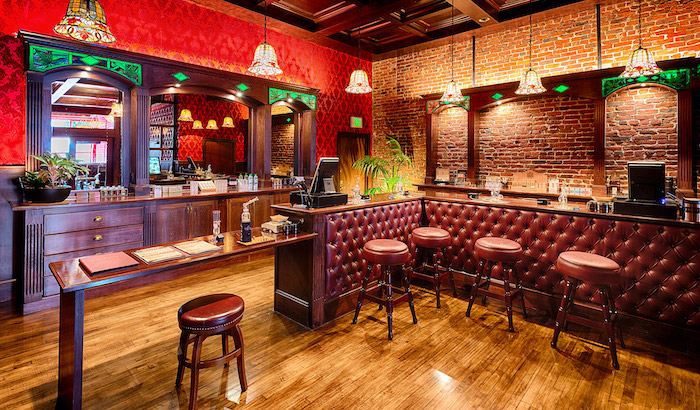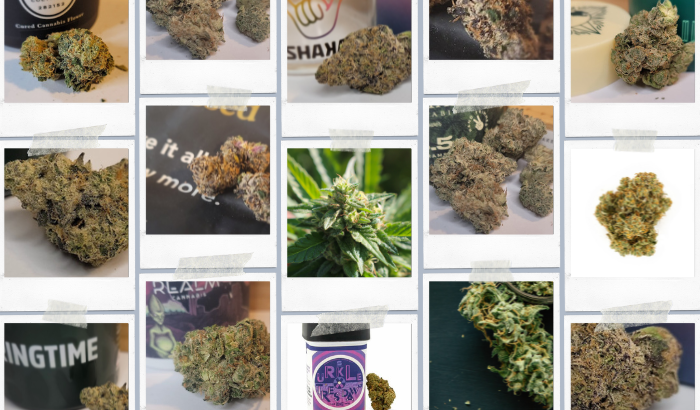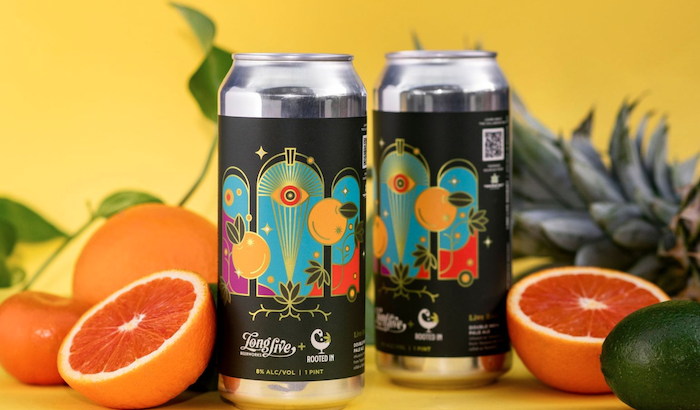
The framework prohibits smoking cannabis indoors entirely, requires cost-prohibitive ventilation systems, and limits edible sales to only room temperature products
In recent months, lawmakers on Beacon Hill have debated and passed an important cannabis reform bill that would, among other changes, create a social-equity loan fund capitalized yearly via existing adult-use tax revenue and reform what many have said is a broken Host Community Agreement (HCA) process. Also included in that law, albeit to less fanfare, is a long-awaited provision that would allow cities and towns to permit social consumption lounges within their borders in accordance with a set of rules created by the state’s Cannabis Control Commission (CCC) in 2018.
While those changes to the law have been championed by advocates and legislative leaders alike, the 2018 social consumption rules as written by the CCC came under fire on Thursday following remarks by former Commissioner Shaleen Title.
In a video uploaded to YouTube, Title stresses her support for the pending legislation—state senators and representatives are currently working out differences in the statutory language passed by each chamber before a final vote is taken—as well as the importance of creating a pathway for cities and towns to allow social consumption cafes within their borders. Where the former commissioner raises concerns, however, relates to the already existing framework for social consumption (935CMR 500.141) that was approved by the CCC nearly four years ago and then put on hold pending the legislative change described above.
That framework, according to further remarks by Title Thursday on social media, prohibits smoking cannabis indoors entirely (smoking outdoors after local approval through a complex process involving health department waivers is allowed), requires cost-prohibitive ventilation systems, and limits edible sales to only shelf-stable (room temperature) products.
As a result, Title said, existing social consumption regulations in Massachusetts are “not good, not equitable…and probably not even workable.”
Compounding those concerns, an equity priority period created by the CCC in the summer of 2020 to provide social consumption licenses exclusively to those who were impacted by the drug war for at least the first three years is poised to be rendered obsolete for such applicants if their ability to create a viable business is impacted by an untenable regulatory framework.
Kizzy Key, a prospective social consumption applicant from Boston and member of the Commission’s Social Equity Program, shares Titles’ concerns and said that the CCC’s existing rules will create insurmountable barriers for local companies seeking to enter the market.
“The current regulations for social consumption do not reflect the needs of the people, in particular the social equity and economic empowerment businesses who will have priority for these licenses,” Key explained in an interview on Friday.
For Key, the changes required to make the license type viable are simple enough: allow patrons to bring in their own cannabis, allow smoking of cannabis inside along with outside by default, and remove restrictions on the types of edibles that can be purchased by consumers.
“Those are the kind of changes that are needed to allow [social consumption operators] to create a safe, comfortable and viable space to host consumers,” she said.
Key also stressed that viable social consumption spaces (including the ability to smoke cannabis indoors) are crucial for those who live in public housing, as many residents currently face persecution due to federal prohibition. “So long as vulnerable communities are being evicted for consuming legal cannabis, access to a safe and legal consumption environment is a social justice issue that we simply cannot ignore,” Key said.
To some extent, the overly strict nature of the 2018 social consumption rules reflected a CCC that was, at the time, comprised of four members who had voted against the legalization of adult use cannabis in the Commonwealth (of the initial five appointments to the commission, only Title had voted in favor of the 2016 ballot question which resulted in legalization).
That dynamic played a key role as to why the social consumption regulations are in need of an update, according to Title, who noted, “[a]t the time…two of [the five Commissioner] said absolutely no to social consumption no matter what, so the question became, How do we get the other three votes?”
“[As a result],” Title added, “in order to get those three votes the social consumption regulations are extremely restrictive.”
Fundamentally, said Title, voting against the proposal at the time would have been tactically dangerous. “If the [inaugural] Commission had voted no on social consumption, I think it would have been seen as a non-starter forever.”
But, claims Title, now would be the perfect time for the CCC to reconsider that decision in light of reduced stigma, the expansion of social consumption in other legal states, and a changing internal dynamic within the Commission. The former commissioner said, “I think that if [the social consumption regulations] were reevaluated currently, with the information we currently have with all of the states that have social consumption, they would come out a lot better.”
Such changes may indeed occur sooner rather than later, as the agency is currently undertaking its first regulatory revision under the stewardship of new commissioners following the recent, and abrupt resignation of Chairman Steve Hoffman in April. According to CCC documents, an initial decision as to which topics will be up for discussion during that regulatory revision is projected to be made between September and October of this year.
Following a January 2022 public meeting at which the CCC unanimously endorsed a policy statement in support of lawmakers moving forward with a social consumption bill, many advocates have expressed their hope that the agency will include reform of its own social consumption regulations on that list of topics.
For Kim Napoli, a member of the State’s Cannabis Advisory Board (CAB) and a longtime community advocate, the years-long delay in creating a viable framework for social consumption directly undermines the will of the states’ voters.
“The social consumption of cannabis in both religious and recreational contexts precedes us by thousands of years,” Napoli said. “In November of 2016 the voters of Massachusetts voted for social consumption; for the right to consume cannabis in authorized places of business or events. That it’s taking five-plus years to implement the will of the voters is not only shameful, it is harmful to those who, without a designated space to lawfully consume cannabis, risk unwanted interaction with law enforcement or loss of housing, or other significant problems—problems that are easily avoidable if only we implement our social consumption laws with sensible regulations.”
If the appropriate changes are made, Napoli envisions social consumption as a potential game changer within the state’s adult-use market.
“If we want this industry to be successful, we need to implement sensible regulations that give our operators the ability to stay operational and competitive,” Napoli said. “Implementation of social consumption in a practicable manner allows for a significant expansion of the industry, an increase in the number of jobs available, and the ability of consumers—particularly those most sensitive such as patients—to use their product in a lawful manner.”

























